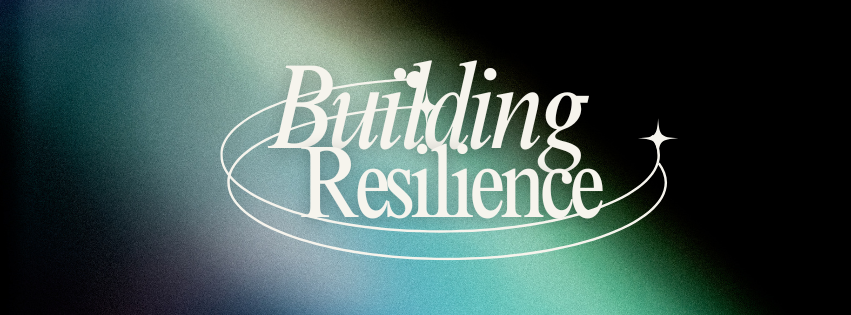
Life is full of unexpected twists, turns, and challenges. Whether it’s a career setback, a personal loss, or a failed plan, these moments can feel overwhelming and even defeating. But within every setback lies an opportunity to grow stronger, wiser, and more resilient.
Resilience—the ability to adapt and bounce back from difficulties—isn’t something you’re born with or without. It’s a skill you can cultivate, one small step at a time. Let’s explore how setbacks can be transformed into stepping stones for resilience.
Understanding Resilience
Resilience isn’t about avoiding pain or pretending everything is fine. It’s about:
- Acknowledging your emotions: Allowing yourself to feel disappointment, sadness, or frustration instead of suppressing them.
- Learning from the experience: Viewing setbacks as lessons rather than failures.
- Taking purposeful action: Moving forward with a clearer sense of direction and determination.
Resilience is like a muscle—the more you exercise it, the stronger it becomes.
Why Setbacks Are Essential for Growth
As uncomfortable as setbacks can be, they are also opportunities:
- Clarity and Reflection: A setback forces you to pause and evaluate what’s truly important.
- Creative Problem-Solving: Obstacles challenge you to think outside the box and find new solutions.
- Inner Strength: Facing challenges builds confidence in your ability to handle whatever comes your way.
Rather than seeing setbacks as roadblocks, try reframing them as detours that lead to new and often better destinations.
Strategies for Building Resilience
- Reframe the Narrative
Instead of asking, “Why is this happening to me?” ask, “What can I learn from this?” Shifting your perspective can help you see challenges as temporary and surmountable. - Focus on What You Can Control
Setbacks often highlight areas outside of your control, but there are always aspects you can influence. Whether it’s your mindset, your actions, or your response, focusing on what you can do gives you a sense of empowerment. - Practice Self-Compassion
Be kind to yourself. Acknowledge that setbacks are part of being human and avoid harsh self-criticism. Treat yourself with the same understanding you would offer a close friend. - Lean on Your Support System
You don’t have to face challenges alone. Reach out to friends, family, or mentors for encouragement and perspective. Sharing your struggles often lightens the emotional load. - Celebrate Small Wins
Resilience is built one step at a time. Every small victory—whether it’s a moment of clarity, a new plan, or simply getting through the day—is worth celebrating. - Commit to Growth
Keep a journal of lessons learned from setbacks and how you’ve grown through them. This will serve as a reminder of your progress and encourage you to keep going.
The Gift of Setbacks
While setbacks may feel discouraging in the moment, they are often the catalysts for some of the most profound personal transformations. They teach us patience, perseverance, and the importance of aligning with our true values.
Every time you face a setback, you have two choices: let it define you, or let it refine you. By choosing to grow through the experience, you not only build resilience but also create a foundation of inner strength that serves you for years to come.
Moving Forward
Take a moment to reflect:
- What’s one setback you’ve experienced recently?
- How did it challenge you?
- What’s one small step you can take today to move forward with resilience?
Remember, setbacks are not the end of your story. They are simply chapters in the book of your growth. With time, effort, and self-belief, you can emerge stronger and more determined than ever.
Let’s embrace the challenges and build the resilience to rise above them, one step at a time.

Recent Comments